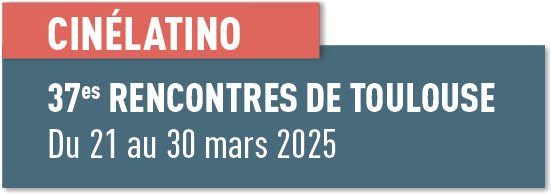Selection:
Director:
País:
- Brasil
- Francia
Format:
Tipo:
Sinopsis:
Have you ever seen a favela at nightfall ? What kind of show it is ? Hundreds of disordered structures clustered on the slopes of a hill light up like a galaxy being born. This quiet beauty contrast to the chaotic bustle that dominates the streets during the day. Martin is walking on the gateway. Behind him, in the background Rocinha's Favela, no more sky. He greets an acquaintance and walks down the street to his house. He enters and finds his son. A newspaper article talks about the health at Rocinha, a dialogue ensues. He pulls out old photos that show the works for the installation of pipelines running water. We see the waste littering the floor and dirty water flowing in the streets. Night falls on the favela. The children come home from school, headlights from motorcycles-taxis dazzle. Flavio is ready for his hip-hop workshop. He leaves, through the noisy streets of the favela. On a roof, he finds teenagers and his band. They discuss about the news of the neighborhood. Then, some dance while others rap. Their lyrics speak of the struggle "favelados" for the right to a better life. Through these scenes the film leads us to discover those, from one generation to the other, who fought for the right to housing and a dignified life.
Concepto visual:
The film's characters talk about some major events they attended and which has permitted to the favela to exist. The film describes their relationship to the place, to the collective history and the organization of their resistance. The sequences of the film oscillates between the intimate territory characters (inside their house) and public space. I favor sequence shots and a slow editing that allows the viewer to soak up the context and landscape. I stay off the field to facilitate immersion of the spectator in this universe. Parentheses music jazz bass with a single bass punctuate the film. This sound, rhythmic and harmonic, recalls the humid lowlands of the favela.







